Is CBDA the new CBD?
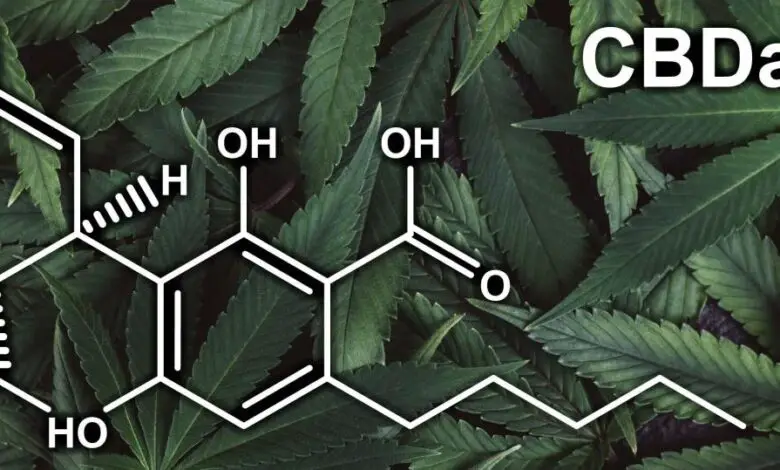
Almost everyone has heard of CBD in some form. After all, it is in most major retailers and has even made its way into the gift bags at the Oscars. But have you heard of its precursor CBDA? Only recently available in a stable form to infuse into cannabinoid-based applications, CBDA is gaining popularity both with consumers and in the field of science, and for good reason. Not only it is packed with benefits, but it also has many advantages when compared to cannabis! Let’s dive into what CBDA is, the many benefits it holds, and why it is better than hemp.
What is CBDA?
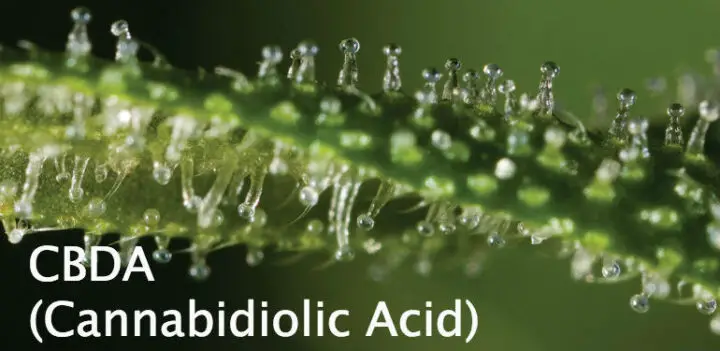
Cannabidiolic acid is a non-psychoactive acidic cannabinoid found most abundantly in the glandular trichomes in raw hemp and cannabis plants. When it is decarboxylated, a process where cannabinoids are exposed to heat, it converts to CBD. This poses a problem when extracting CBDA, as traditional extraction methods commonly use heat in the extraction process, causing a majority of this acid to convert to cannabis. Due to the vast number of benefits and advantages cannabidiolic acid has, essentiascientific.com, as a global solution provider, is finding ways to extract cannabinoids without the use of heat, delivering more products to the market.
What are the benefits of CBDA?
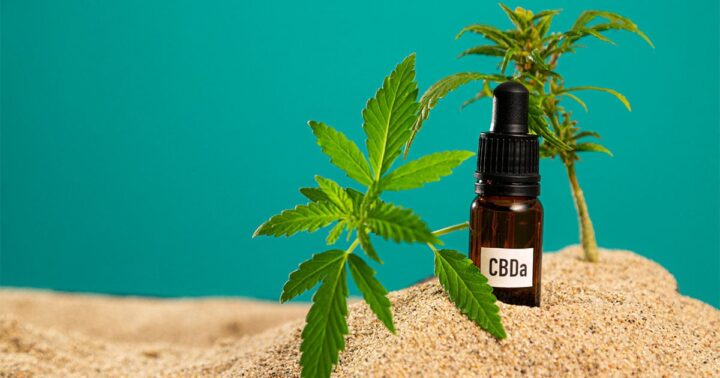
CBDA is less researched compared to other well-known cannabinoids, such as THC and CBD. However, current and emerging research shows CBDA is a potential therapeutic for an array of ailments and conditions and is a great cannabinoid to support overall health and wellness. Here are some of the most notable benefits:
Anxiety and Depression
Anxiety disorders affect an average of 40 million adults in the United States, and nearly one half of those diagnosed also have depression. Both conditions have a significant impact on the patient’s quality of life, and unfortunately both are on the rise. It is estimated that in 2024, 21 million adults had at least one major depressive episode, with a period lasting two weeks or more of a depressed mood and loss of interest in their daily activities. Though there are many pharmaceutical options available to help those with anxiety and depression, they only help 60-70% of patients and can come with an array of unwanted side effects, such as slurred speech, dizziness, and memory loss. Activation of the body’s 5-HT1A or serotonin receptor is a crucial component in anti-anxiety, anti-psychotic, and anti-depressant medications, and finding a therapeutic that can target the receptor without negative side effects is of urgent need. Through research CBDA has demonstrated itself as a plant-derived therapeutic for those suffering from both anxiety and depression.
In a 2017 research study, CBDA was given to rats undergoing a foot shock stress to induce anxiety. Within the study, it demonstrated anti-anxiety effects by enhancing 5-HT1A receptor activation. Additionally, it had anti-anxiety effects on doses 1,000 times lower than that of CBD, allowing for lower doses of CBDA. In a 2013 study examining CBDA’s ability to reduce nausea and vomiting, it was found that it could reduce nausea and vomiting through the same action of its anti-anxiety and anti-depressant effects. When compared to CBD, CBDA displayed a 100-fold greater affinity to the receptor, once again verifying less cannabidiolic acid is needed to deliver the same therapeutic benefits.
Inflammation and Pain
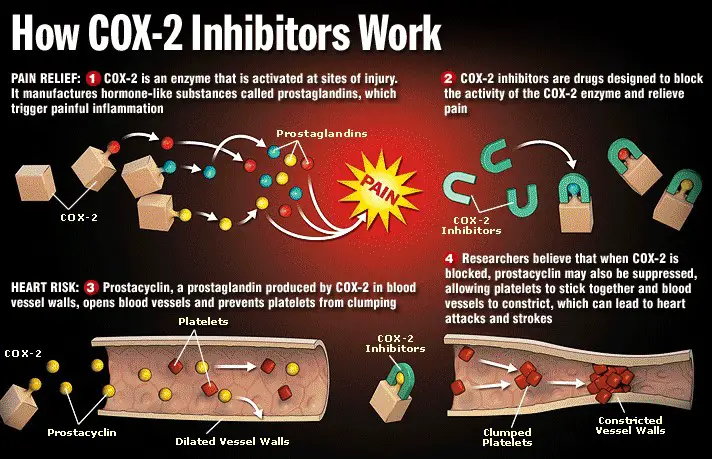
Inflammation and pain are often correlated with injury or long-term health problems. However, many individuals deal with minor inflammation and pains, that overtime if untreated can lead to an array of health problems, including damage to muscles and tissues. Through research, CBDA has demonstrated itself as a cannabinoid that can help reduce pain, inflammation, and hyperalgesia via its role as a COX-2 enzyme inhibitor. COX-2 has an anti-inflammatory effect that non-steroidal drugs, such as aspirin, also inhibit. However, these drugs also inhibit COX-1 which with extended use can lead to gastrointestinal complications. Because of this, there is great value in finding an option that can inhibit COX-2 and bypasses COX-1, and CBDA does just that.
In a 2018 study, CBDA was given to a rodent model with induced acute inflammation and hyperalgesia. Hyperalgesia occurs when there is damage to the nerves or chemical changes to the nerve pathways, increasing sensitivity to pain. This can occur from nerve and tissue damage, chronic pain, and with long term opioid use. When CBDA was given to the rodent, it induced dose dependent anti-hyperalgesia and anti-inflammatory effects. To compare CBDA to CBD, equivalent doses where administered, and CBD did not reduce inflammation nor hyperalgesia, suggesting that CBDA is more effective than CBD in this indication.
Covid-19
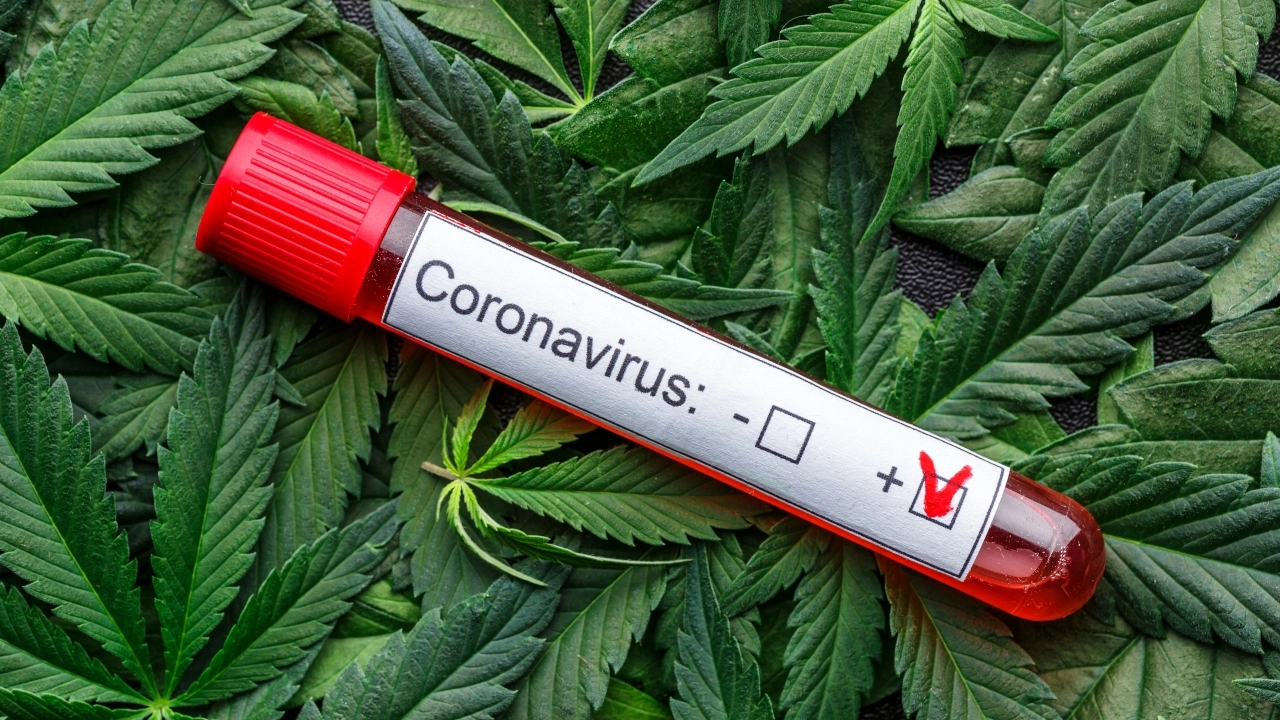
Covid-19 is serious disease that has affected millions of individuals in the past few years and continues to, causing an array of symptoms and even death in some people. Through research CBDA has demonstrated itself as a potential plant-derived therapeutic for those affected. A 2024 study from Oregon State University propelled into the media spotlight after examining acidic cannabinoids, CBDA and CBGA, effects against Covid-19 invitro. CBDA and CBGA prevented the virus that causes Covid-19 from entering the cells by binding to the spike protein, thus blocking the cellular entry of SARS-Cov-2. This same type of action has also helped patients with hepatitis and HIV. With Covid-19 still taking so many lives, and many getting sick it is prominent that more clinical trials evaluate CBDA’s effects on Covid-19.
Advantages of CBDA when compared to CBD
Higher Bioavailability
Bioavailability is the percentage or fraction of absorption of an administered drug or supplement that reaches the systemic circulation and is available to have an effect. A study published in the 24th Annual Symposium of the International Cannabinoid Research Society found CBDA is 19x more bioavailable than CBD. This means when we take an equivalent dose of CBD and CBDA, our bodies can absorb more CBDA. This allows for lower doses of CBDA for a variety of instances.
Due to CBDA’s higher bioavailability, it was found that it may be more effective at treating seizures than CBD. At current, there is an FDA-approved drug to treat seizure disorders with a fixed ratio of plant derived CBD, from GW Pharma. In 2015, they filed a patent regarding the therapeutic use of CBDA for the treatment of epilepsy, siting that it was more bioavailable than CBD and patients could take less CBDA in comparison to CBD.
Greater Affinity to receptors
CBDA has a great affinity to the body’s 5-HT1A or serotonin receptor. The serotonin receptor is most recognized for its role in controlling mood. However, it is responsible for modulating dozens of critical processes in the body, including pain signals and the cardiovascular system. In numerous studies, it has shown a greater affinity to the receptor than that of CBD, demonstrating not only that lower doses of CBDA can be taken for therapeutic benefits, but also that it is more powerful in numerous instances including reducing nausea and vomiting, and helping to reduce symptoms of anxiety and depression.
CBDA may be a minor cannabinoid, however, it has the potential to be used in major ways. With up-and-coming research proving the many benefits and advantages it has, it is just a matter of time before we see CBDA as commonly as we do CBD.
